Home>Garden Essentials>How Long For White Clover To Germinate
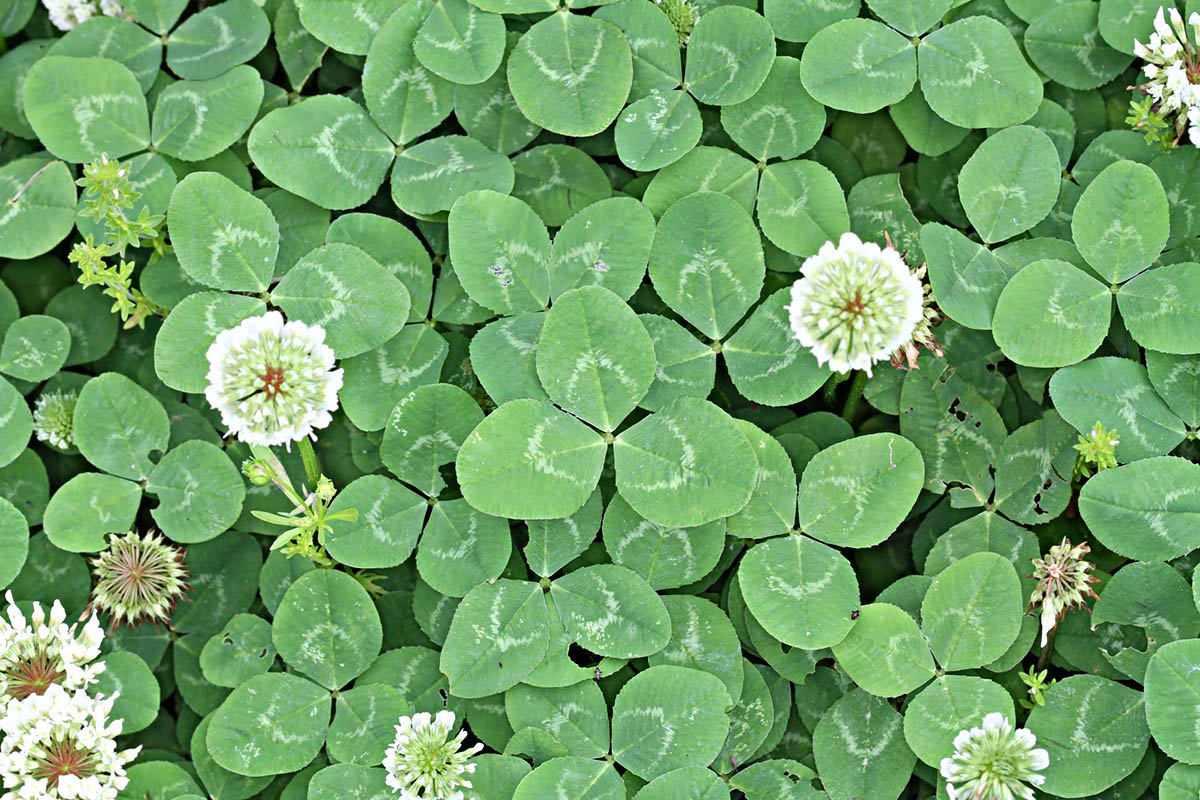

Garden Essentials
How Long For White Clover To Germinate
Modified: March 15, 2024
Learn how long it takes for white clover to germinate in your garden. Discover the ideal conditions for successful growth and establish a lush, vibrant garden.
(Many of the links in this article redirect to a specific reviewed product. Your purchase of these products through affiliate links helps to generate commission for Storables.com, at no extra cost. Learn more)
Introduction
Welcome to our comprehensive guide on white clover germination. If you have ever planted white clover seeds in your garden or lawn, you may have wondered how long it takes for these seeds to sprout and grow into healthy clover plants. In this article, we will explore the factors that affect white clover germination, the optimal conditions for germination, as well as methods to speed up the germination process. We will also provide troubleshooting tips for common germination issues.
White clover (Trifolium repens) is a popular perennial plant that is often used as a ground cover in lawns, gardens, and pastures. It is known for its ability to fix nitrogen in the soil, which enhances the fertility of the area where it is planted. Additionally, white clover is a valuable source of nectar for bees and other beneficial insects.
Understanding the germination process of white clover seeds is crucial for successful establishment and growth of this versatile plant. So, let’s dive in and discover everything you need to know about white clover germination!
Key Takeaways:
- White clover seeds typically take 7 to 14 days to germinate under optimal conditions, but factors like temperature, moisture, and seed quality can affect the timeframe.
- To speed up white clover seed germination, try methods like stratification, scarification, pre-soaking, warm soil, and consistent moisture. Troubleshoot common issues like poor germination and seedling loss for successful growth.
Read more: How Long For Crimson Clover To Germinate
Factors Affecting Germination of White Clover Seeds
Several factors can influence the germination rate and success of white clover seeds. By understanding these factors, you can create optimal conditions for germination and increase the chances of successful seedling establishment.
1. Temperature: White clover is a cool-season plant that prefers temperatures between 55°F and 75°F (13°C and 24°C) for germination. Extreme heat or frost can hinder seed germination and negatively affect the seedlings’ growth. The ideal temperature range promotes faster seed germination and ensures healthy plant development.
2. Moisture: Adequate moisture is crucial for white clover seed germination. The seeds need consistent moisture to soften the seed coat and initiate the germination process. However, excessive moisture or waterlogged soil can lead to rotting of the seeds. So, maintaining proper moisture levels is essential for successful germination.
3. Soil Conditions: White clover prefers well-draining soil that is rich in organic matter. The soil should be loose and crumbly, allowing the seeds to establish roots easily. Compacted or heavy clay soils can impede germination as they restrict oxygen flow to the seeds. Preparing the soil by loosening it with a garden fork or tiller can improve germination rates.
4. Light: Unlike some other seeds, white clover seeds do not require light for germination. In fact, they actually prefer germinating in darkness or low light conditions. This makes white clover an excellent choice for shaded areas or areas with limited direct sunlight.
5. Seed Quality: The quality of the white clover seeds you use can significantly impact germination. It is best to purchase fresh, high-quality seeds from a reputable supplier. Old or low-quality seeds may have a reduced germination rate and can result in weak or stunted seedlings.
By considering these factors and optimizing the conditions accordingly, you can greatly improve the germination success of white clover seeds. In the next section, we will explore the optimal conditions required for white clover germination.
Optimal Conditions for White Clover Germination
To ensure successful germination of white clover seeds, it is important to provide optimal conditions that meet the plant’s requirements. By understanding and implementing these conditions, you can increase the chances of seed viability and promote healthy seedling growth.
1. Temperature: White clover seeds germinate best in temperatures ranging from 55°F to 75°F (13°C to 24°C). This temperature range provides an ideal environment for seed activation and promotes faster germination. If the temperature falls outside this range, germination may be delayed or inhibited.
2. Moisture: Adequate moisture is crucial for white clover germination. Before sowing the seeds, it is recommended to moisten the soil. This ensures that the seeds have access to the necessary moisture for germination. Regular watering is essential to keep the soil consistently moist but not waterlogged, as excessive moisture can lead to seed rotting.
3. Soil pH: White clover prefers slightly acidic to neutral soils, with a pH range of 6.0 to 7.0. Testing the soil pH can help you determine if any adjustments are needed. If the soil is too acidic, you can add lime to raise the pH. Conversely, if the soil is too alkaline, you can add sulfur or organic matter to lower the pH.
4. Soil Preparation: Before sowing white clover seeds, it is important to prepare the soil properly. Loosen the soil to a depth of at least 4 to 6 inches (10 to 15 cm) using a garden fork or tiller. This helps create a loose, well-draining soil structure that allows the seeds to establish roots easily.
5. Seed Depth: White clover seeds are small and should be sown close to the soil surface. A seed depth of 1/8 to 1/4 inch (3 to 6 mm) is sufficient for optimal germination. Avoid burying the seeds too deep, as it may hinder their ability to sprout.
6. Light Conditions: White clover seeds do not require light for germination. In fact, they prefer to germinate in darkness or low-light conditions. This makes white clover well-suited for areas with limited exposure to direct sunlight or shaded areas in the garden.
By providing these optimal conditions, you can create the best environment for white clover germination. However, it is important to note that germination can still vary depending on the quality of the seeds and external factors. In the next section, we will discuss the general timeframe for white clover germination.
Timeframe for White Clover Germination
White clover germination timeline can vary depending on various factors such as temperature, moisture, and soil conditions. On average, white clover seeds take around 7 to 14 days to germinate under optimal conditions. However, it is important to note that germination can be influenced by external factors and may take longer in some cases.
The temperature plays a crucial role in the germination process. If the temperature is within the preferred range of 55°F to 75°F (13°C to 24°C), germination is likely to occur within the average timeframe of 7 to 14 days. Lower temperatures can slow down the germination process, while higher temperatures can lead to faster germination.
Moisture is another critical factor for white clover germination. The seeds require consistent moisture to soften the seed coat and initiate germination. Providing adequate moisture throughout the germination period is vital. However, excessive moisture or waterlogged conditions can cause the seeds to rot, so it is important to maintain proper soil drainage.
The quality of the seeds also affects the germination timeframe. Fresh, high-quality seeds are more likely to germinate within the average timeframe. Older or low-quality seeds might have reduced viability and take longer to germinate, or may not germinate at all.
It’s worth noting that white clover seeds do not all germinate at the same time. Germination can occur over a span of several days or weeks. This is known as staggered germination, where seeds sprout in batches rather than all at once.
Keep in mind that individual germination rates and timings can vary, and it is important to be patient during the germination process. If conditions are not optimal, germination may take longer or be less successful. Monitoring the soil moisture, temperature, and providing appropriate care will help ensure optimal germination conditions and improve the chances of a successful germination rate.
In the next section, we will explore methods to speed up the germination process for white clover seeds.
White clover typically germinates within 7-14 days when the soil temperature is between 60-70°F. Keep the soil consistently moist for best results.
Methods to Speed Up Germination Process
If you’re looking to speed up the germination process of white clover seeds, there are several methods you can employ to promote faster and more uniform germination. By implementing these techniques, you can maximize the chances of successful seedling establishment.
1. Stratification: White clover seeds can benefit from a process called stratification, which involves subjecting the seeds to a period of cold, moist conditions. This mimics the natural winter conditions that the seeds would experience in their native environment. To stratify the seeds, place them in a moist paper towel or a plastic bag with some damp peat moss, and store them in the refrigerator for about 2 to 4 weeks before sowing. This cold stratification can help to break seed dormancy and stimulate germination.
2. Scarification: Some white clover seeds have a hard seed coat that can inhibit germination. Scarification is a method used to break or weaken the seed coat, allowing moisture and oxygen to penetrate the seed and promote germination. You can scarify the seeds by gently rubbing them against fine sandpaper or by soaking them in warm water for a few hours before sowing. This process can promote faster and more uniform germination.
3. Pre-soaking: Pre-soaking the white clover seeds before sowing can help to soften the seed coat and speed up germination. Place the seeds in a container of room temperature water and let them soak for 12 to 24 hours. After soaking, drain the water and sow the seeds immediately. The pre-soaking process can help to hydrate the seeds and jumpstart the germination process.
4. Warm Soil: Providing slightly warmer soil temperatures can encourage quicker germination. You can achieve this by using a germination mat or placing the seed trays or containers on a warm surface, such as on top of a refrigerator or near a heat source. The warmer soil speeds up the metabolic processes within the seeds, promoting faster germination rates.
5. Consistent Moisture: Maintaining consistent moisture is vital for successful and faster germination. Ensure the soil is moist but not saturated to prevent seed rotting. Regularly check the moisture levels and water the seeds gently to keep the soil consistently damp. Mulching the seeded area can also help retain moisture and prevent rapid drying of the soil surface.
By using these methods, you can accelerate the germination process of white clover seeds. However, keep in mind that the success rate may still vary depending on factors like seed quality, environmental conditions, and individual seed dormancy. Patience and monitoring are still essential to ensure optimal germination results.
In the next section, we will discuss common germination issues and troubleshooting solutions.
Read more: How Long For Mini Clover To Germinate
Troubleshooting Common Germination Issues
While white clover germination is generally a straightforward process, there are some common issues that can arise. Understanding these problems and their solutions can help you troubleshoot and improve germination success. Here are some common germination issues and ways to address them:
1. Poor Germination: If you notice a low germination rate or poor seedling growth, it could be due to various factors such as low-quality seeds, improper soil preparation, or unfavorable environmental conditions. Ensure that you are using fresh, high-quality seeds from a reputable supplier. Also, make sure the soil is adequately prepared with good drainage and optimal moisture levels. Adjusting soil pH, providing proper temperature, and moisture control can improve germination rates.
2. Inconsistent Germination: Sometimes, white clover seeds may stagger their germination, causing uneven growth. This is normal, especially if the seeds were sown at different depths or if the environmental conditions varied across the planting area. Be patient and provide consistent care. Ensure even and thorough watering, and monitor the soil moisture levels regularly.
3. Seed Dormancy: White clover seeds may have varying degrees of dormancy, meaning they may take longer to germinate or require specific conditions to induce germination. Strategies such as scarification or stratification, as mentioned earlier, can help break seed dormancy and enhance germination rates.
4. Seedling Loss: In some cases, young seedlings may struggle to survive after germination. This can be due to factors such as competition from weeds, poor soil nutrition, or pest damage. To prevent seedling loss, ensure that the planting area is free from weeds and provide adequate nutrition through organic matter or fertilizers. Protect seedlings from pests and provide adequate sunlight for healthy growth.
5. Overwatering: Excessive moisture or overwatering can lead to poor germination or the rotting of seeds. It is crucial to strike a balance and provide consistent moisture without saturating the soil. Allow the soil to dry slightly between watering to prevent waterlogged conditions.
6. Environmental Factors: Extreme temperature fluctuations, excessive heat, or cold snaps can affect the germination process. Monitor the weather conditions and make adjustments as necessary. Providing shade or covering the seeded area during extreme weather conditions can help protect the seeds and promote better germination.
By troubleshooting these common germination issues and implementing the appropriate solutions, you can improve the success rate and ensure healthier white clover seedlings. Regular monitoring, proper care, and patience are key factors in cultivating a thriving white clover patch.
Now that you’re equipped with the knowledge to troubleshoot germination issues, you’re ready to embark on your journey of growing beautiful white clover. In the next section, we will conclude our comprehensive guide on white clover germination.
Conclusion
Congratulations! You have now gained a comprehensive understanding of white clover germination. By considering the factors that affect germination, providing optimal conditions, and implementing strategies to speed up the process, you are well-equipped to achieve successful white clover seedling establishment in your garden or lawn.
Remember that temperature, moisture, soil conditions, and seed quality play crucial roles in determining the germination success. By providing the ideal temperature range, maintaining consistent moisture, ensuring well-draining soil, and using fresh, high-quality seeds, you can significantly increase the chances of successful germination.
While the average timeframe for white clover germination is around 7 to 14 days, it is essential to be patient and understand that individual germination rates can vary. Staggered germination, where seeds sprout in batches rather than all at once, is common for white clover. Regular monitoring and maintenance of the germination conditions will help maximize the chances of a successful outcome.
If you encounter any common germination issues, such as poor germination, inconsistent growth, or seedling loss, you can troubleshoot them by adjusting factors like seed quality, environmental conditions, soil preparation, and watering practices. By addressing these issues promptly, you can ensure healthier seedlings and a more successful outcome.
White clover offers numerous benefits to your garden or lawn, including nitrogen fixation, soil fertility improvement, and being an invaluable source of nectar for beneficial insects. By cultivating a thriving white clover patch, you are promoting biodiversity and contributing to the overall health of your ecosystem.
So go ahead and get started! Follow the recommended guidelines, be attentive to the needs of your white clover seeds, and soon you will enjoy a lush carpet of green clover in your outdoor space.
Keep in mind that the information provided in this guide is a general overview. Local conditions and specific cultivars may require additional considerations. It is always beneficial to consult with local gardening resources or experts for region-specific advice.
Now, armed with your newfound knowledge, it’s time to put it into practice and enjoy the beauty and benefits of white clover in your garden or lawn. Happy gardening!
Frequently Asked Questions about How Long For White Clover To Germinate
Was this page helpful?
At Storables.com, we guarantee accurate and reliable information. Our content, validated by Expert Board Contributors, is crafted following stringent Editorial Policies. We're committed to providing you with well-researched, expert-backed insights for all your informational needs.
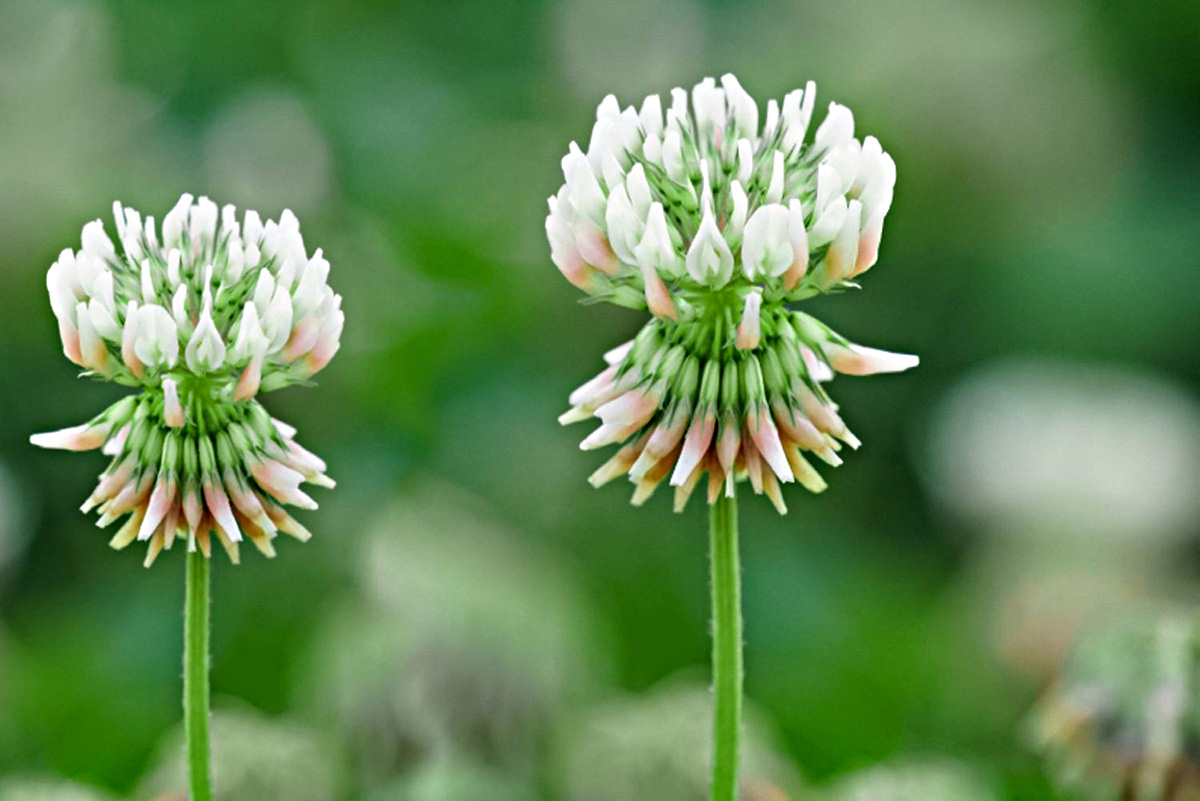
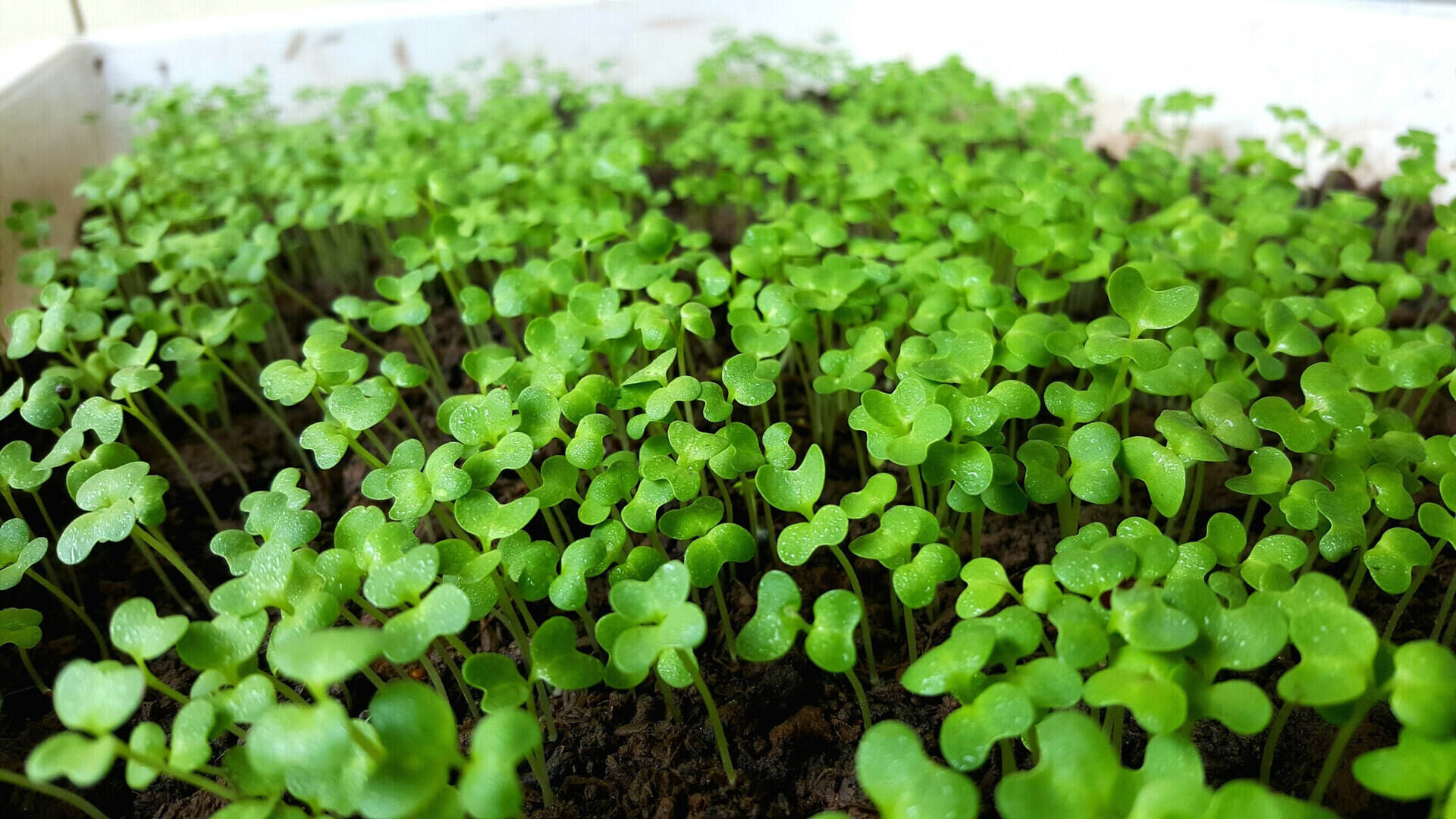
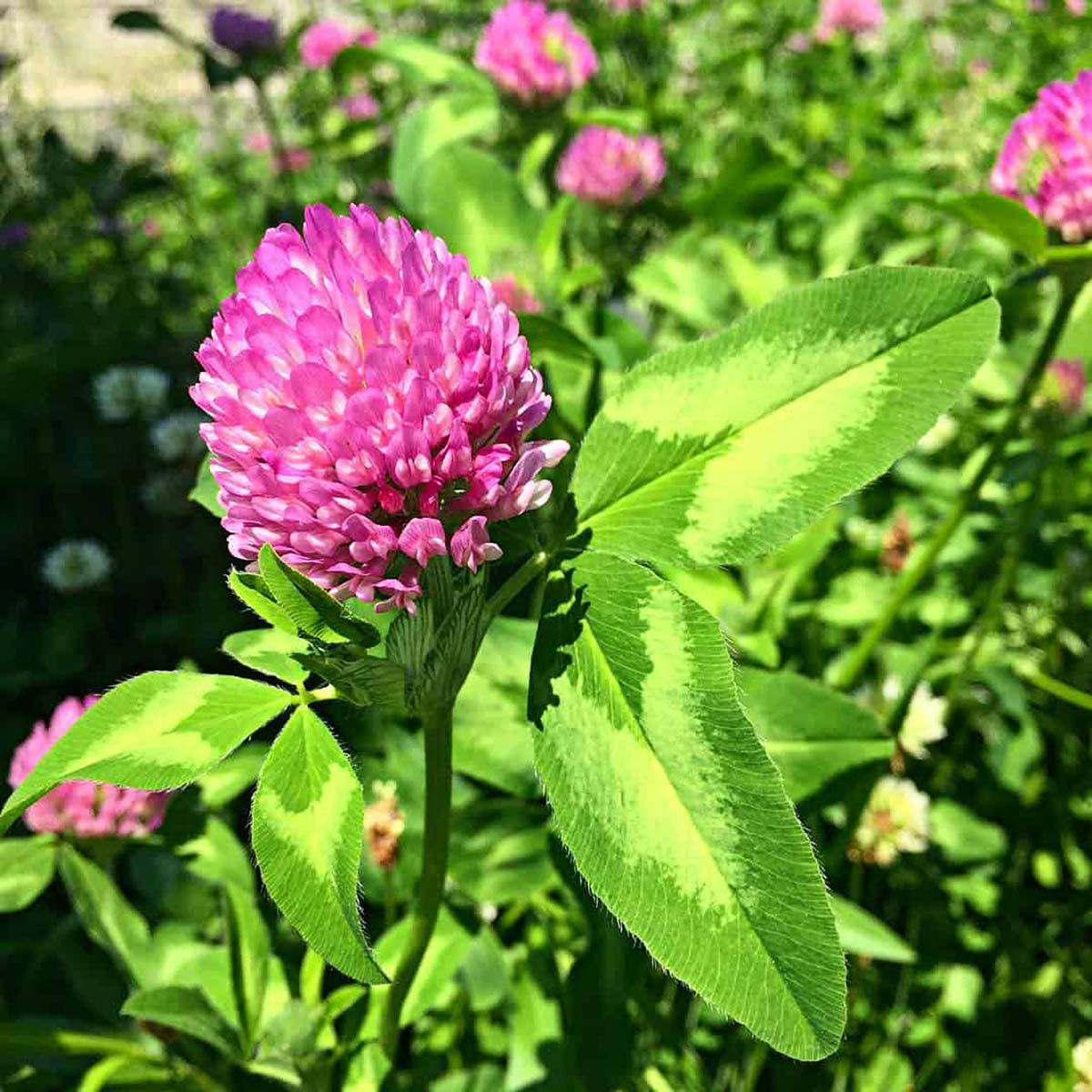
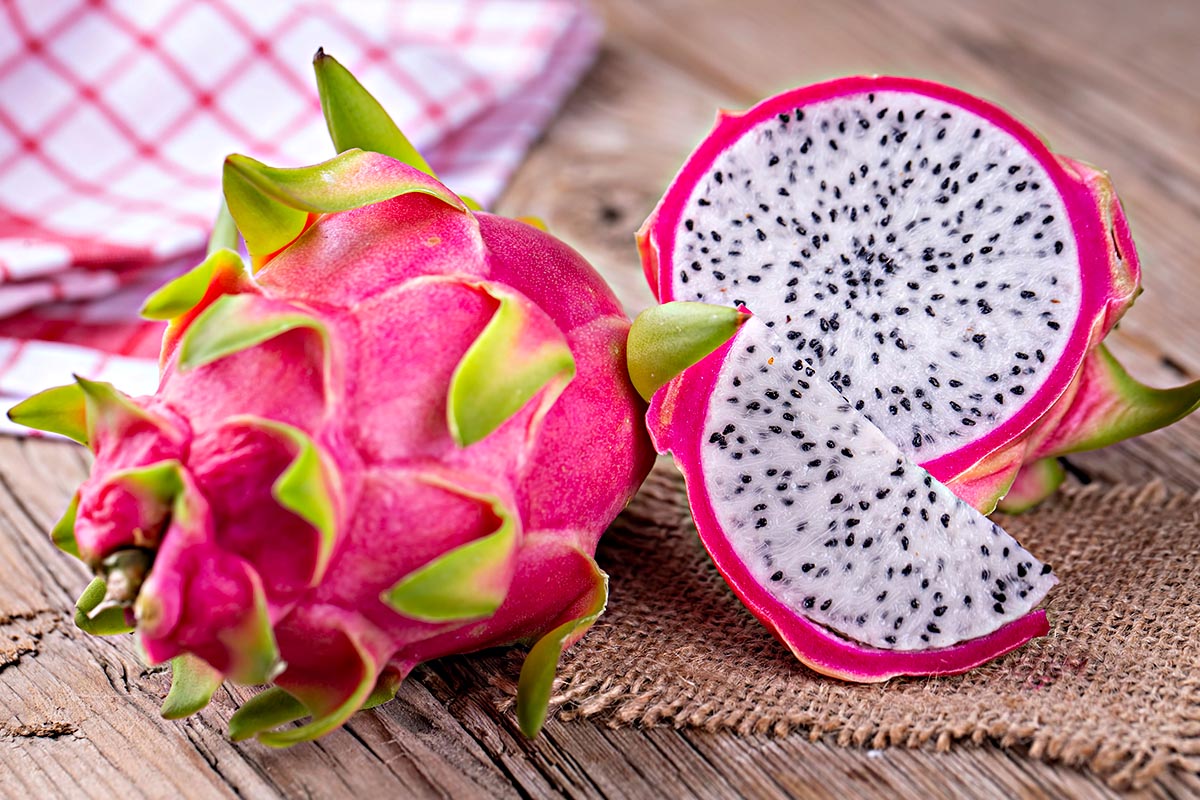
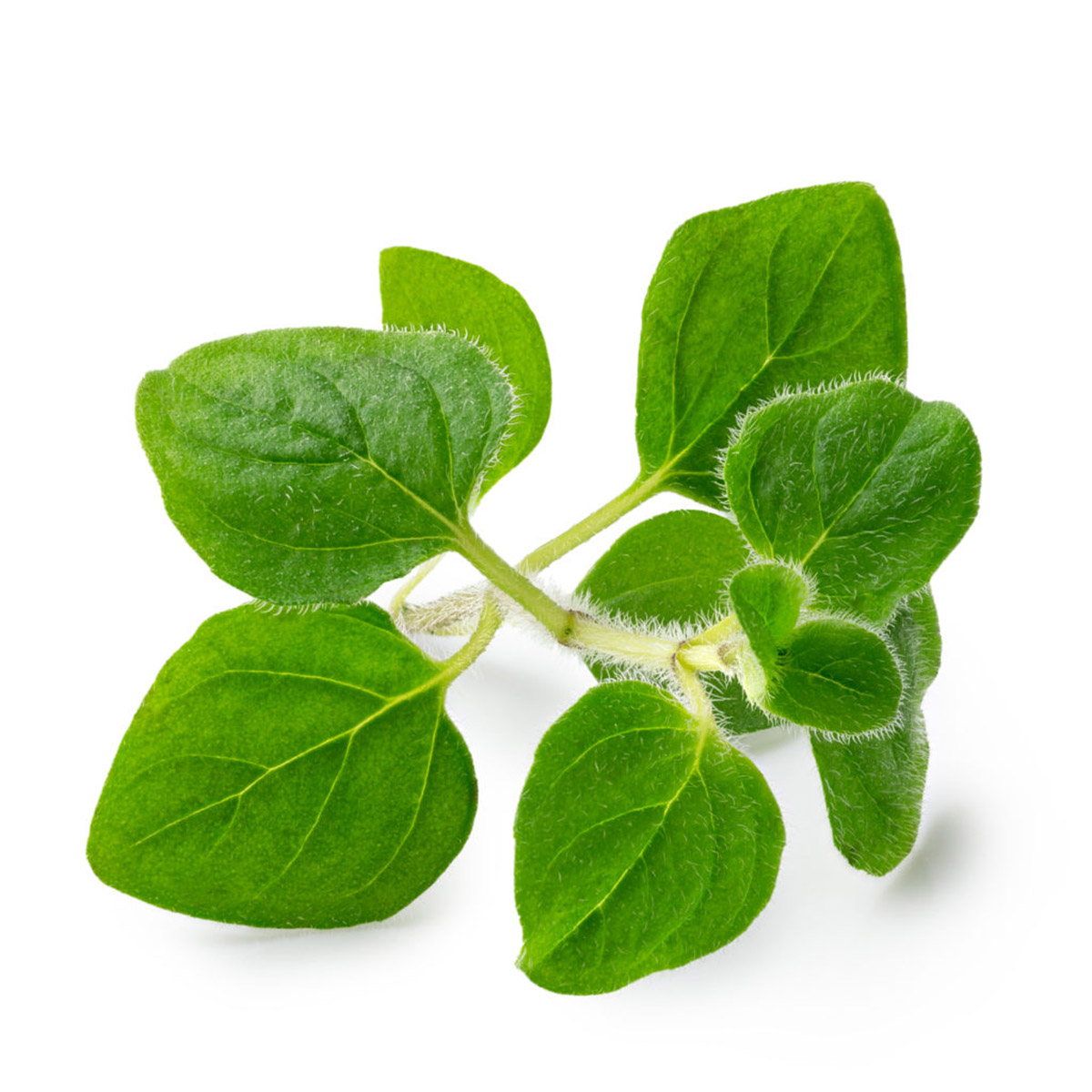
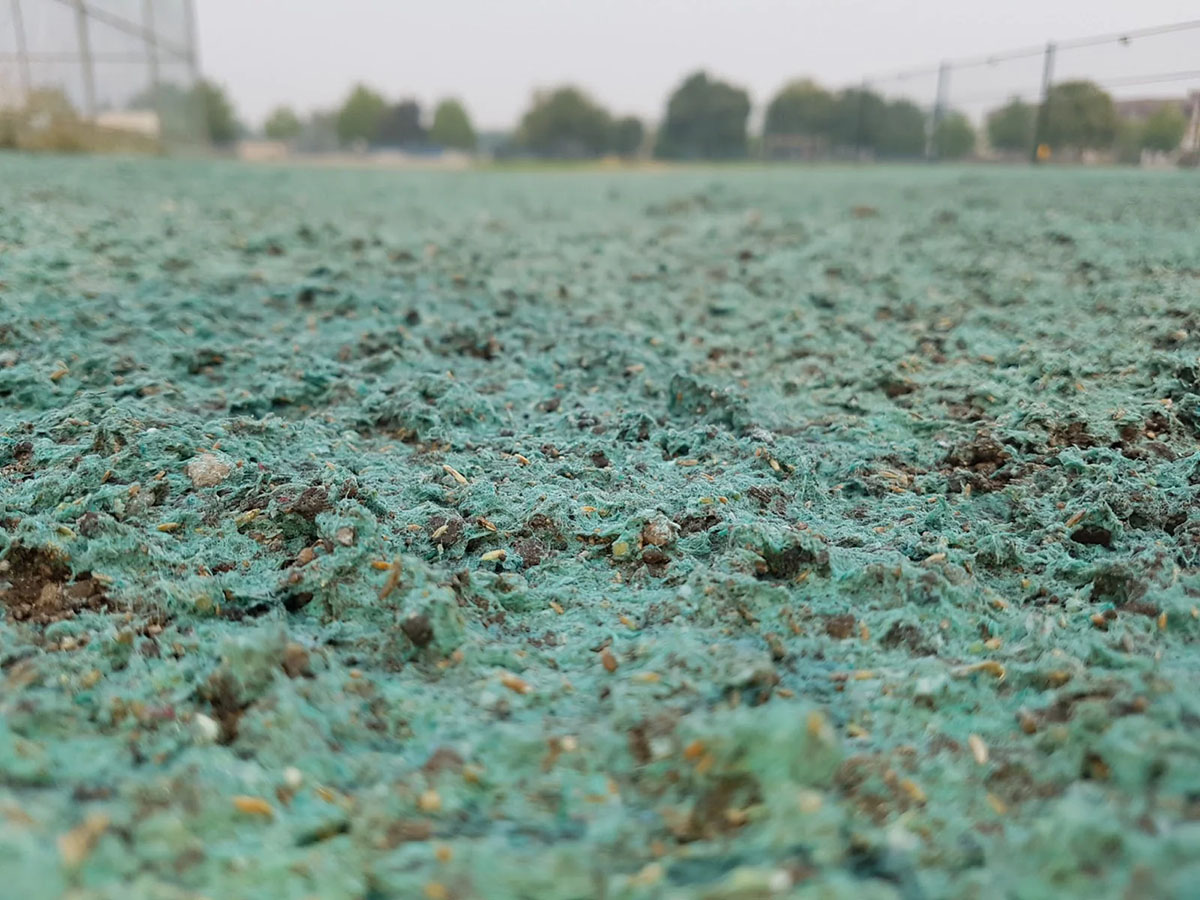
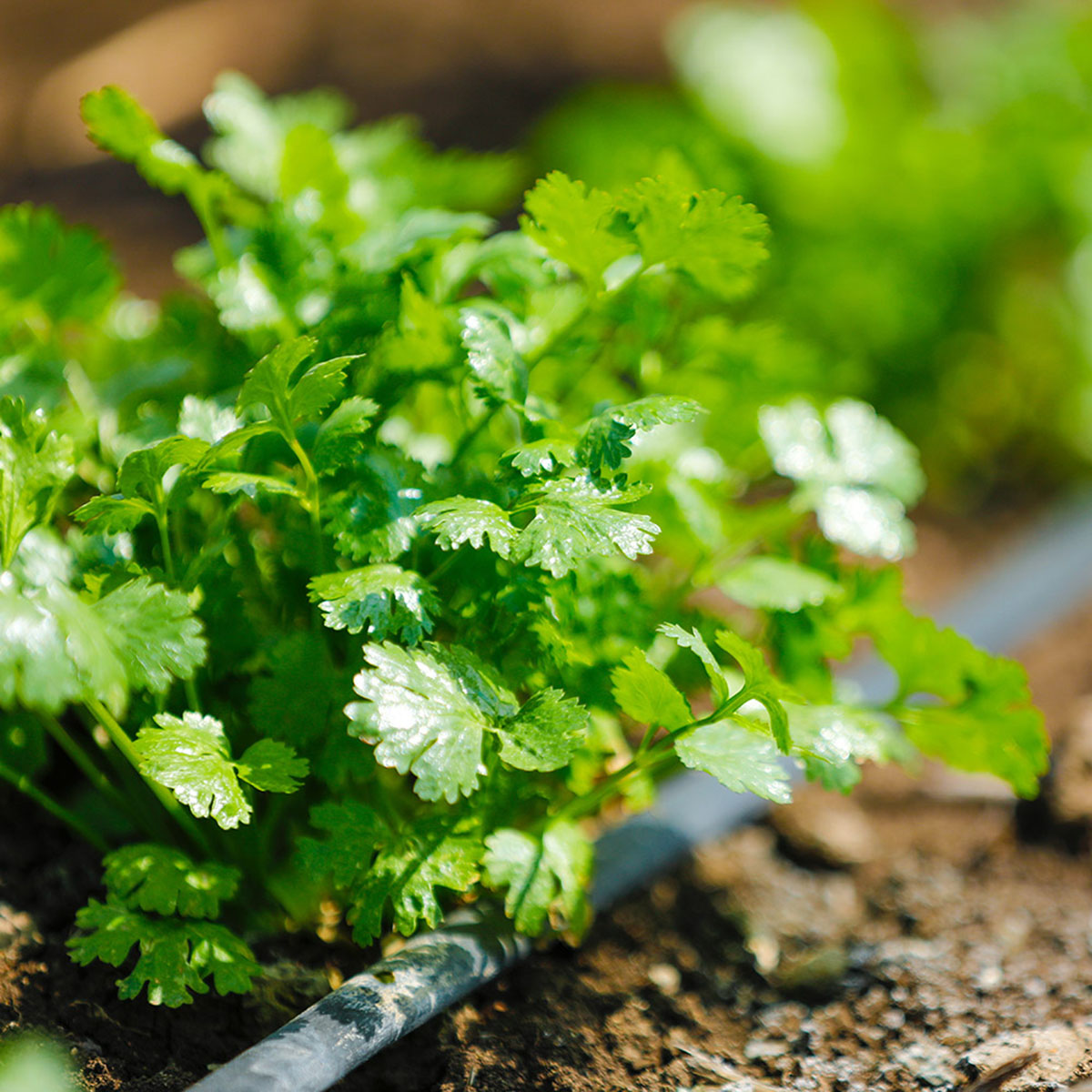
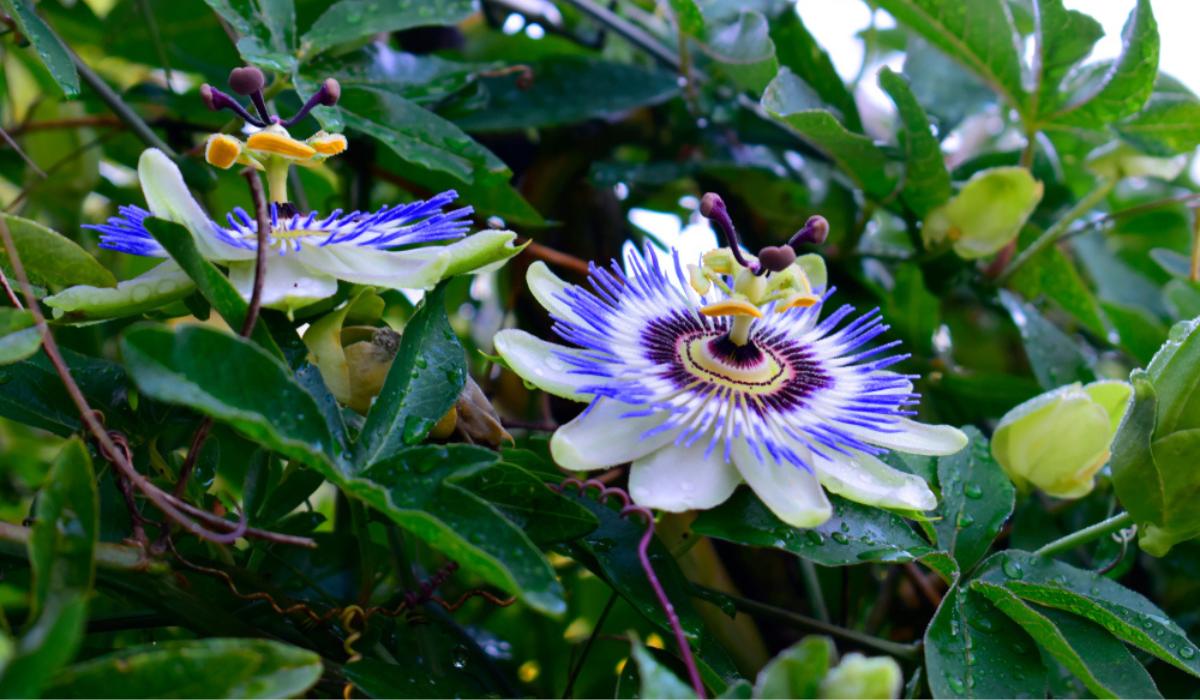
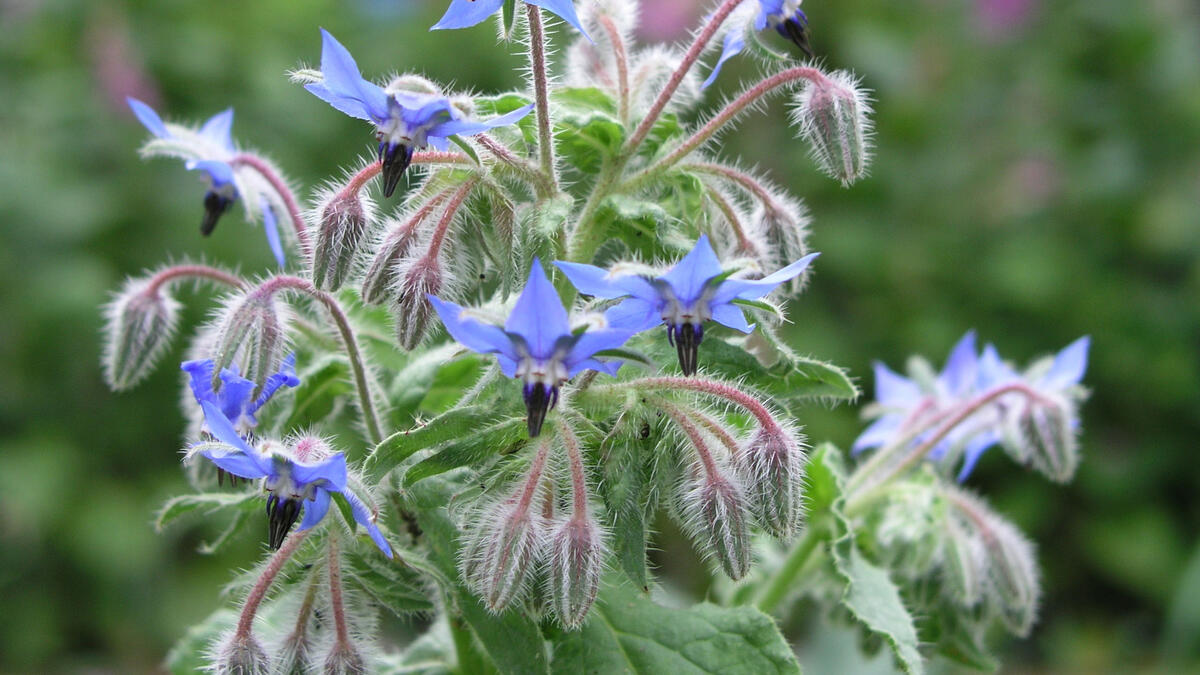
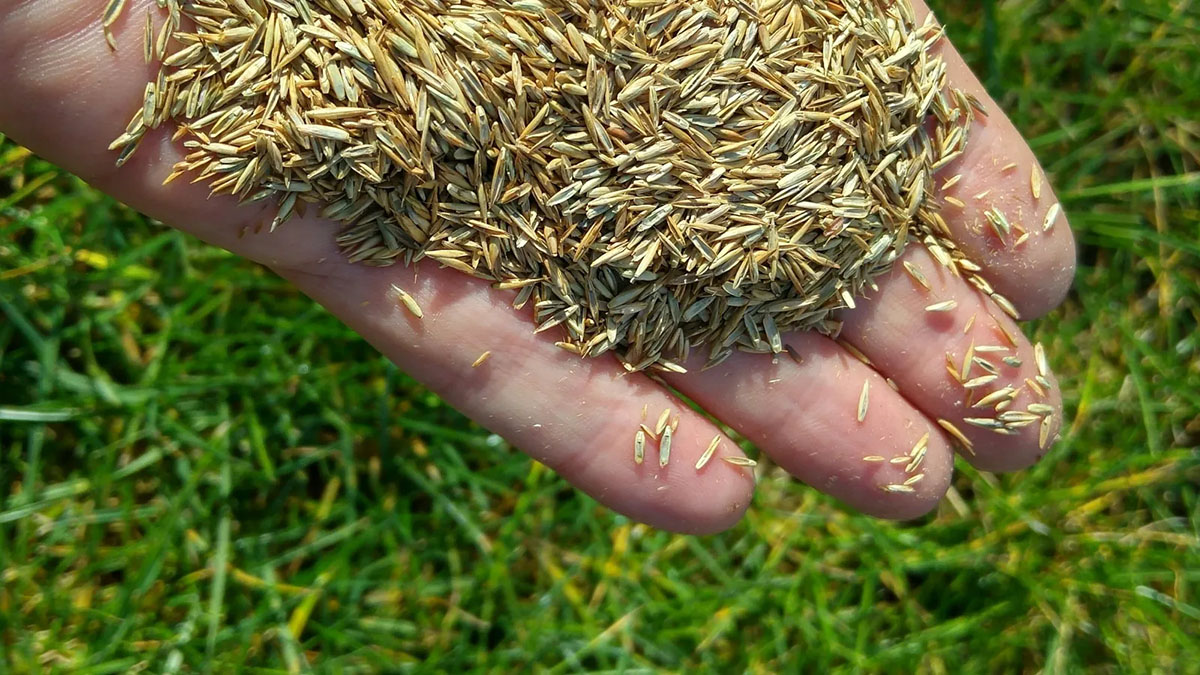
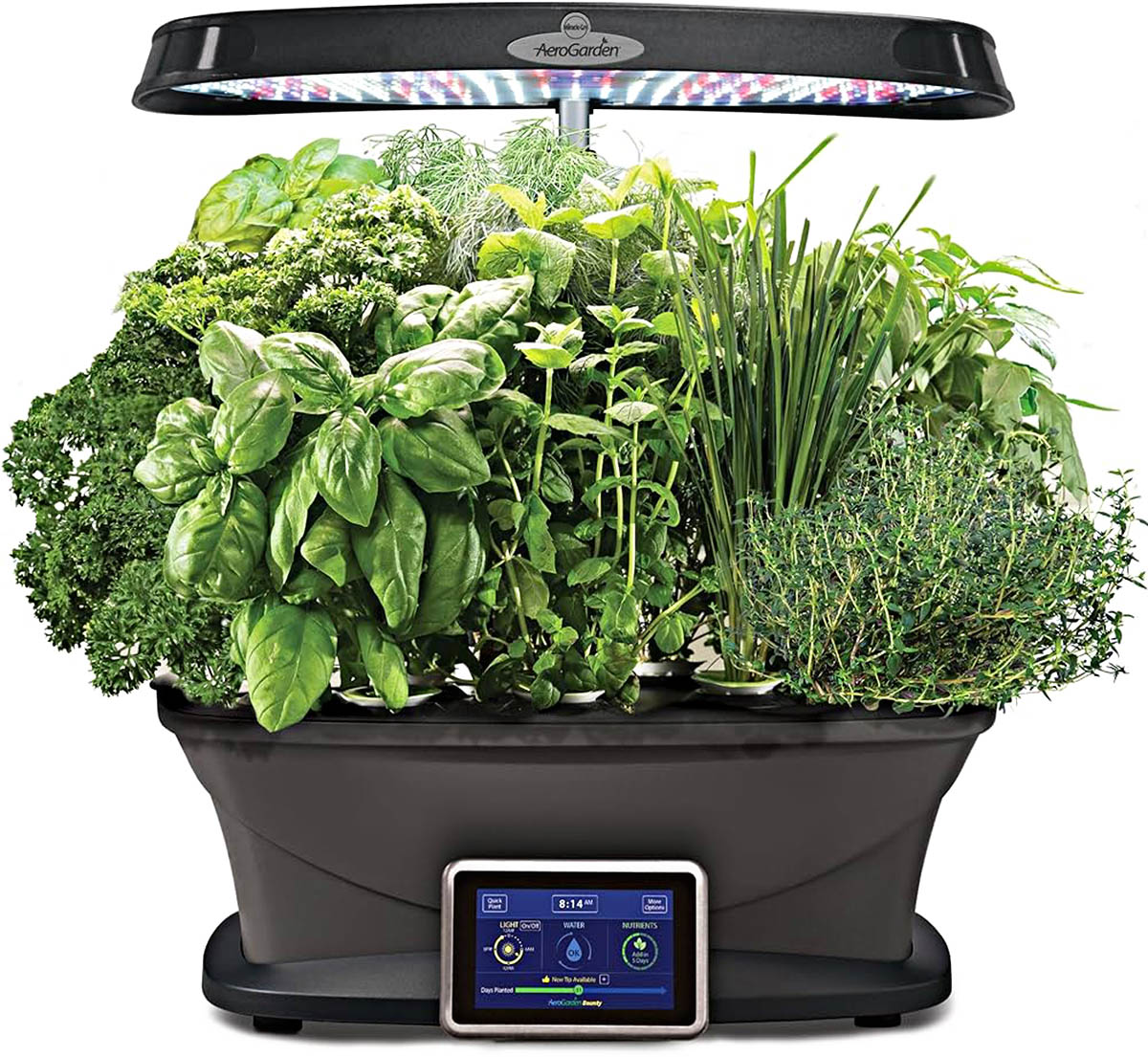

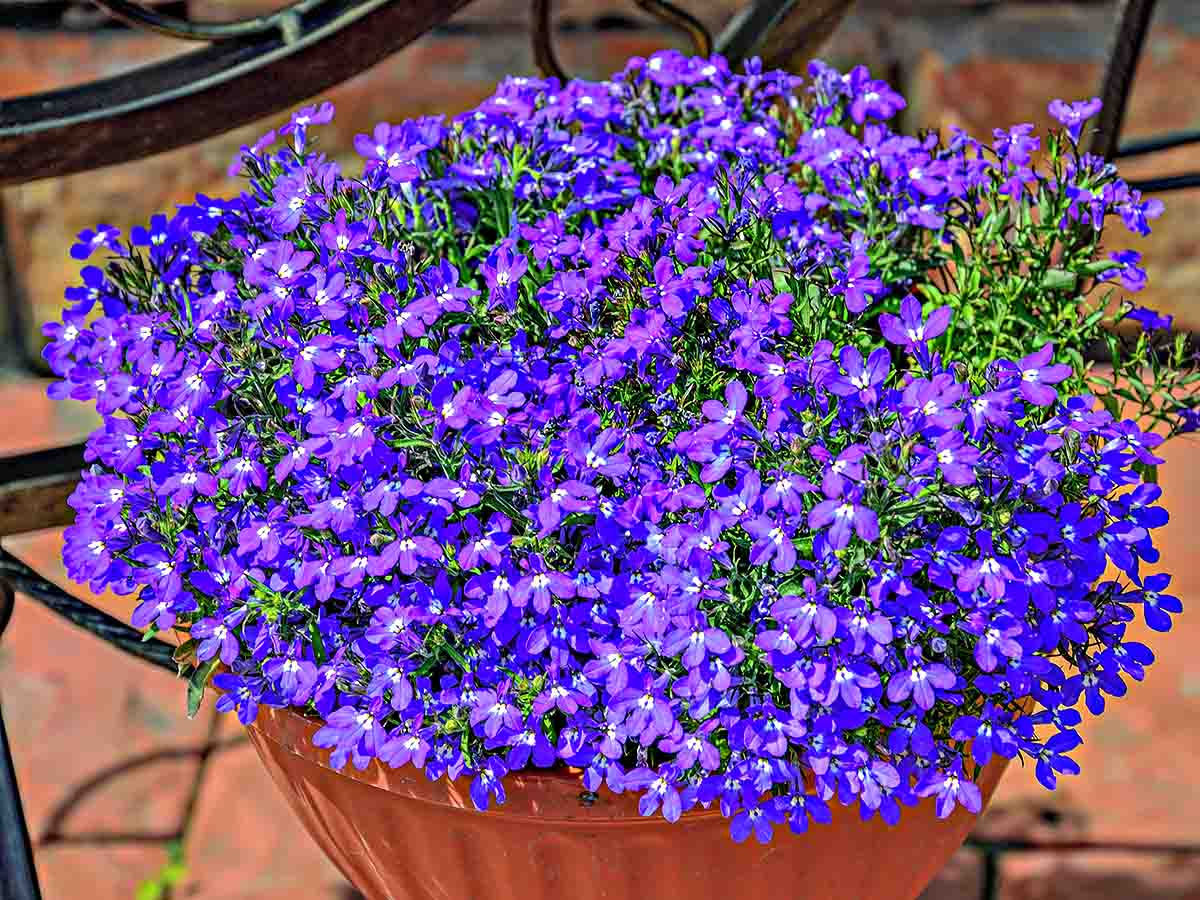
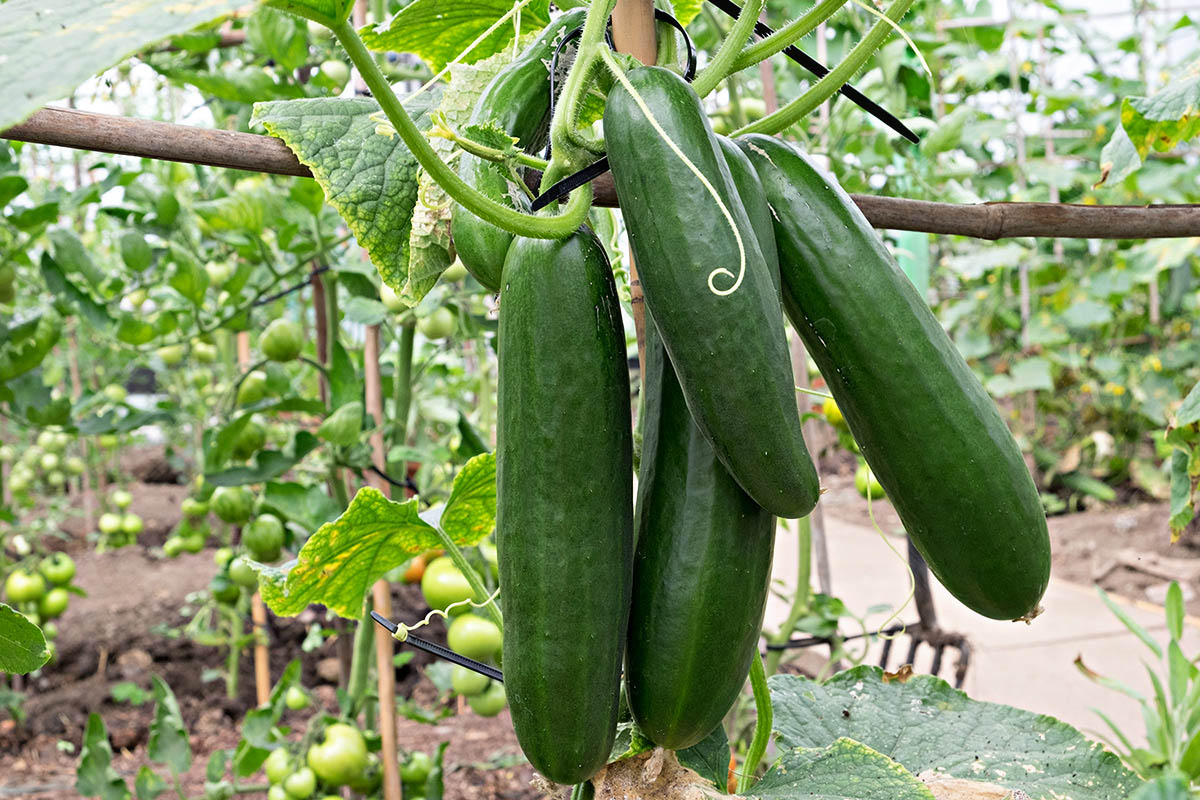

0 thoughts on “How Long For White Clover To Germinate”